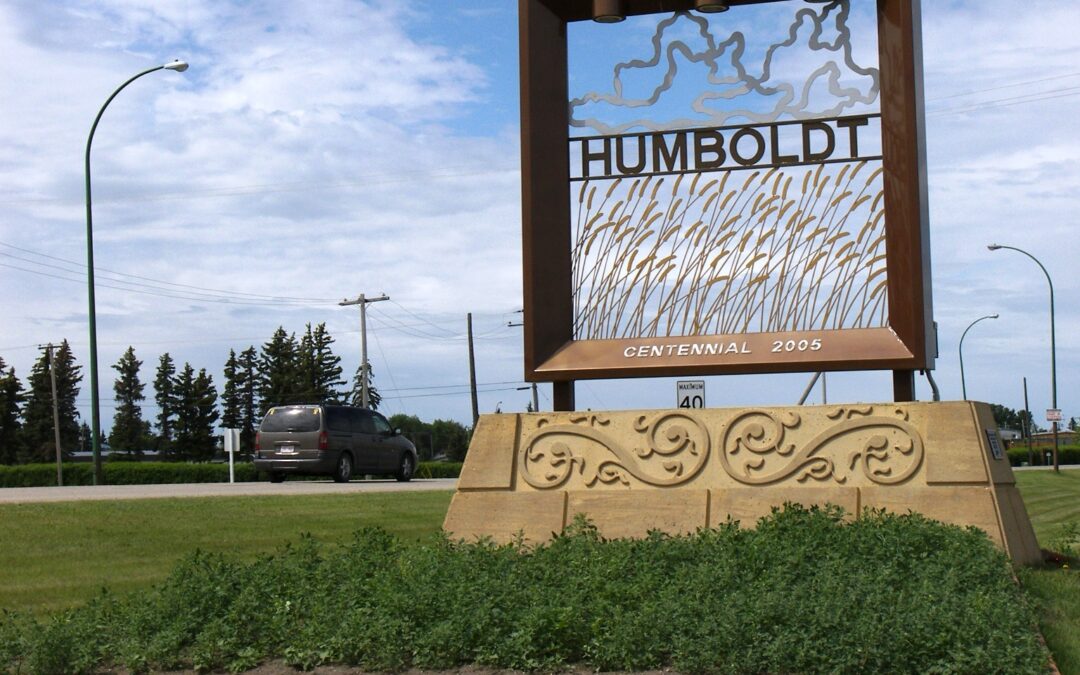By: Nicole Goldsworthy, Local Journalism Initiative Reporter, Humboldt Journal
An upcoming workshop hosted by the Humboldt and District Museum aims to promote better relations between Indigenous and non-Indigenous residents of Humboldt.
The workshop, led by Christine Fiddler, will be at the museum Tuesday, May 16 at 6:30 p.m.
“It is a known fact that many of us living in urban spaces want a community that’s culturally vibrant and welcoming,” the museum said. “In this workshop session, participants will be taken through an act of creative learning to realize one’s sense of place by accessing the past and seeking better understandings of their community.”
Fiddler is a Cree woman and is originally from the treaty 6 territory of Waterhen Lake First Nation. She currently lives in Saskatoon and is a third year PhD student in the Department of History at the University of Saskatchewan working under the guidance of Métis historian Dr. Cheryl Troupe.
“My body of work aims to utilize research as an avenue for sharing the stories of Indigenous peoples in Northwest Saskatchewan and improving the health and well-being of these communities. I teach as a sessional lecturer at the First Nations University of Canada’s Saskatoon campus,” she said.
“From my perspective, community relates to Indigenous studies where all people benefit within that community by learning more about the original people of this continent and land.”
Fiddler said the knowledge that comes with Indigenous studies benefits Indigenous people as they learn the importance of reclaiming traditional cultural practices that have been impacted (as shown in Canada’s history with Indigenous people). This learning can help Indigenous efforts to recovery and healing from colonization and moving towards sovereignty. This also benefits non-Indigenous people as increased understanding about Indigenous people leads to a much-needed awareness and establishes important connections. Through learning, non-Indigenous people develop more awareness of Indigenous peoples’ cultural identities as distinct from those of mainstream Canadians and recent newcomers.
Fiddler said that the workshop will provide participants with the following:
A greater understanding reduces potential misunderstandings and misinformation about Indigenous people, leading to better relationships.
Non-Indigenous people become better informed about Indigenous worldviews, beliefs, and traditions, which is, reflected when they start to interact positively with Indigenous people and speak more informatively and respectfully about Indigenous people within public settings.
As more-informed individuals, non-Indigenous people may contribute positive relations leading to more comfortable work spaces, social spaces, and living spaces for Indigenous people and others in Canada.
This greater participation by Indigenous people fills a need for more Indigenous participation in the economy, in the business community, and in public services.
“The fact that the pilot project is being done in the City of Humboldt shows willingness to learn about Indigenous people in order to build those relationships that need building today. A major goal is to help people to find common ground and commonalities and to create the space and opportunities to talk to each other and share. We want to make it a fun experience that uses humour to get some points across while encouraging some serious discussions.
Some areas that this project offers to better inform non-Indigenous people about Indigenous people include learning the history of our province and country from Indigenous perspectives, becoming familiar with Indigenous cultural beliefs and practices to an extent, more insights into Indigenous knowledge and worldviews, and how to recognize and address ingrained bias and discriminatory beliefs as it concerns Indigenous people.”
“There was a recent news story about a young Ukrainian newcomer who lives in Regina who documents his learning about First Nations culture on Tik Tok. He shares how he is interested in learning about First Nations people and culture, and he started by attending his first powwow which was the annual powwow for the First Nations University of Canada. I found his situation notable because he seems to have a really profound genuine interest in learning about First Nations people starting from zero knowledge. It makes a difference that he’s documenting his learning on social media and that he has a presence on social media that is entertaining to watch.
I notice that not a lot of newcomers or even white Canadians take this same passionate interest to learn about First Nations people when First Nations people are willing to teach and accept people into their surroundings when individuals show a genuine interest and desire to learn. Hopefully this project we’re doing in Humboldt gives non-Indigenous people the opportunity to do this — to put themselves in these places of learning that are there if they look for them. Along with Canadians of all ethnicities, recent newcomers to Canada can also benefit a lot from learning about Indigenous people’s history, culture, and the modern challenges we face.”
